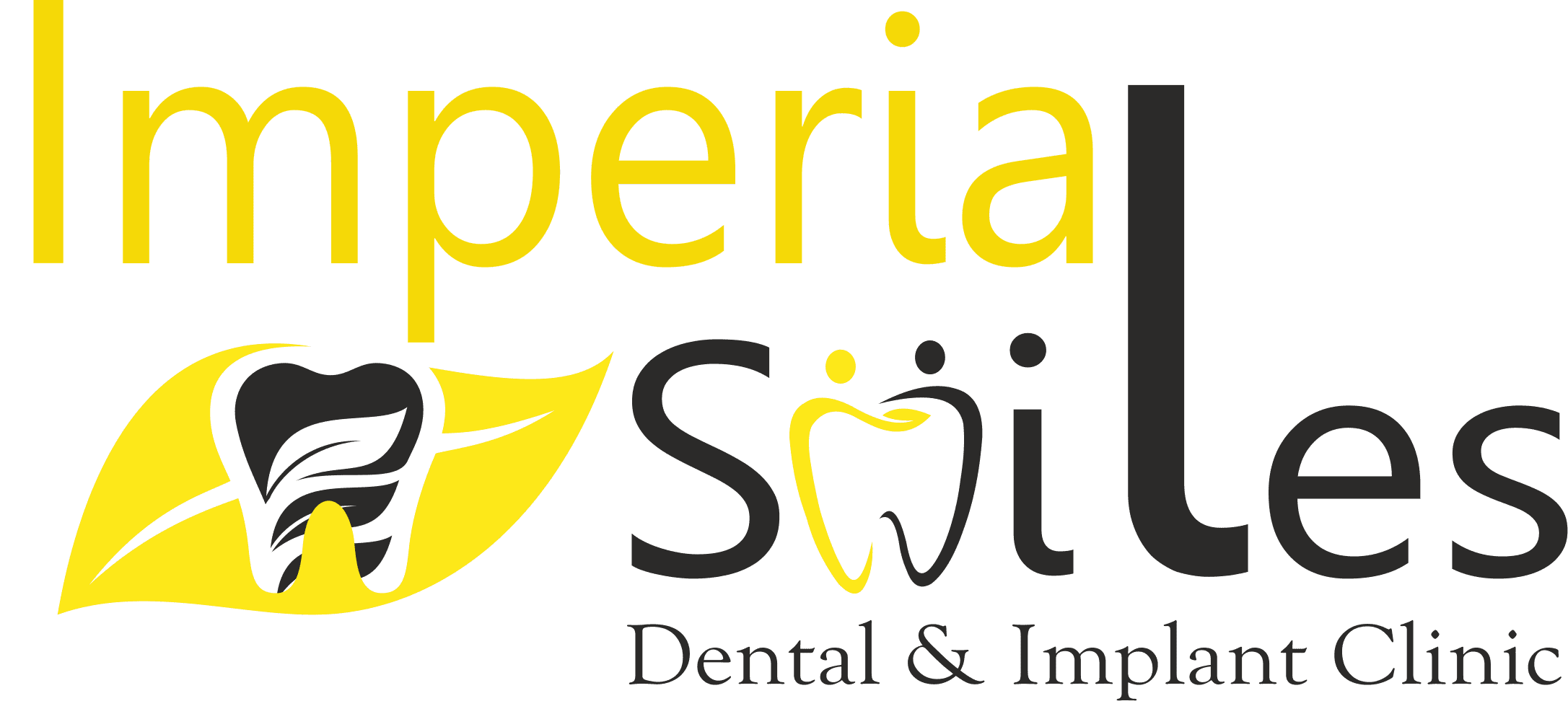Dental Counsellings
Bad dental hygiene habits can cause a slew of problems. The most obvious problems are decayed teeth and gums. Gum related diseases can result in tooth loss, cavities, infections, and other issues. Inadequate dental care can lead to excess pain, which in the worst-case scenario may even lead to tooth loss. It is however avoidable through regular counselling and check-up.
Brushing and flossing your teeth on a regular basis, as well as visiting your dentist for check-ups and routine care are the most effective ways to prevent any tooth and gum problems. If you take good care of your teeth and gums, you will have a good chance of keeping your mouth healthy and teeth strong for a long period of time.
For two reasons people require good dental care – to avoid unnecessary pain and self-perception. As this particular area has such a dense nerve supply and is also located close to the brain as well, dental pain is known to be quite unpleasant. The self-perception aspect is especially important in today’s society, where appearance is so important. If your mouth has a foul smell, it will leave a bad impression on people you are meeting and talking to.
Teeth decay may start during pregnancy in middle-aged women as well. Women may neglect tooth cleaning during pregnancy and be unaware of dental problems until they have more free time after their children have grown up or until tooth pain forces them to take a step to cure it. They may become concerned that their appearance has deteriorated and seek treatment in the hopes of restoring their appearance.
Dental Counselling
Dental counselling involves strict task, role, time, and confidentiality boundaries with counsellors working under supervision to ensure clarity, awareness of issues, and judiciousness of response (for example, transference and counter-transference), all of which affect their own ability to attune effectively to a client or manage a specific case. The counsellor’s skill is in knowing when to respond with emotional engagement, when to focus on understanding and perspective, and when to join in a collaborative relationship. They’re also taught to spot severe psychological problems or psychotic states in patients and refer them on as needed.
Type of counselling
If a counsellor were to work as part of a dental practice’s team, he or she could have two responsibilities:
- Assist the team with ‘best practise’ advice and education. Members of the team could be made aware of their roles in patient relationships.
- Through a direct referral route, assist patients who may benefit from counselling.





